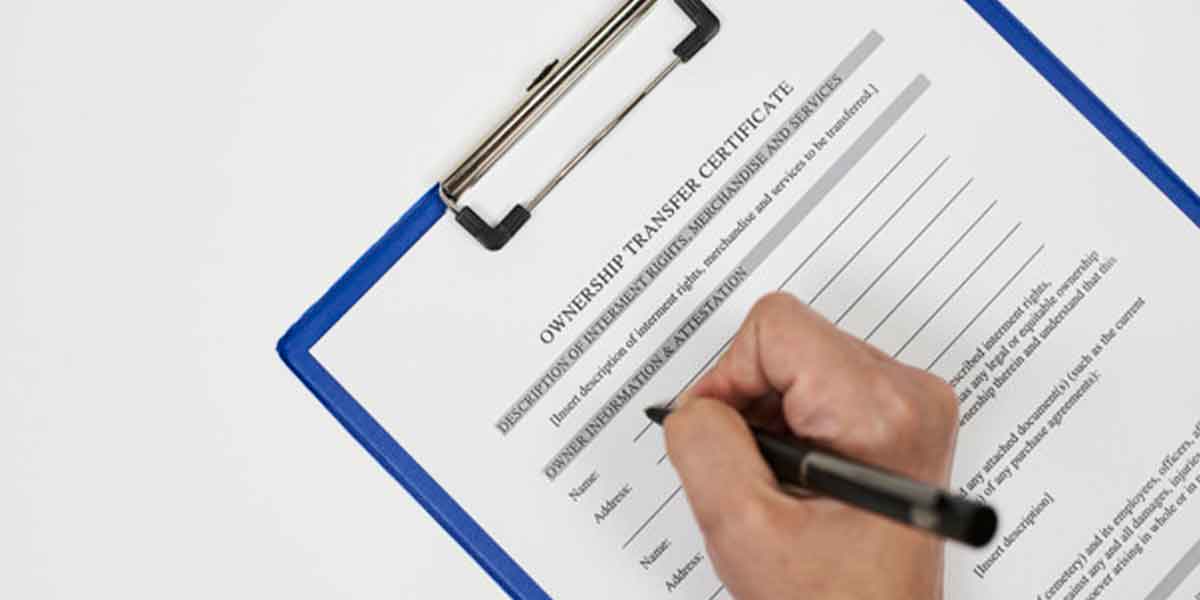If a loved one had died recently, you might require probate. In case the decedent has not left a will, a grant of letters of administration might be required. The official document gives the near and dear ones of the deceased the ability to deal with the deceased’s estate. Individuals can apply for probate either directly or by using the services of a lawyer. Probate is the term commonly used when speaking of applying for the rights of dealing with the affairs of an individual who has died.
Nevertheless, there are different terms used based on whether the decedent individual has left behind a will or not and the location where he or she resided.
Understanding the Probate Procedure
If the decedent leaves behind a will, the administrator or executor applies for a Grant of Probate. The grant is basically a legal document confirming that the estate executor possesses the right to handle the assets of the deceased individual. This will include the money, belongings, and property of the decedent. The entire procedure is estate administration. The estate executor makes use of the grant of probate for showing that he or she has the right to sort out the finances, access the funds, and collect and even share the deceased individual’s assets according to the terms set in the decedent’s will.
In case the decedent has not left a will, any close relative of the decedent can apply to serve as the executor of the estate. The process is popular as the Grant of Letters of Administration. In case the grant is provided, they are called administrators of the estate. The grant of the letter of administration is basically a legal document confirming the administrator’s rights to dealing with the assets of the deceased individual. In the majority of the cases, where the individual benefitting is a kid, the law states that not just one individual, many more individuals can serve as the estate administrator.
Documents Required for Probate
Grant of representation and personal representatives are the other terms you might hear. A personal representative is an administrator or executor. A grant of representation is the term for grants of letters of administration and grants of probate. A grant of probate is vital when the deceased leaves behind an estate, which includes money, insurance policies, shares or stocks, and property. In the majority of the cases, any relevant institution or bank will check the grant of probate prior to transferring the control of estate assets. Nevertheless, if the estate is quite small, certain organizations, like the building societies and insurance agencies, might release the money to the beneficiaries or the heirs.
Before applying for probate, it is necessary to collect several documents in place. This helps in getting a complete and clear picture of the liabilities and the assets. These are necessary to be dealt with as per the terms in the decedent’s will. The starting point of the probate procedure is locating. Documents like:
- Original last will by the decedent if available.
- Bank statements
- Original death certificate
- Share dividend statements
- Records of all existing assets of the decedent along with the value of each one of them at the time of death.
- Statements of superannuation fund
- Title references
- Registration documents of all motor vehicles
- Records of different liabilities and debts of the decedent
- Details of the value of different household effects like insurance documents and purchase receipts.
- Copies of relevant agreements wherein the decedent owed money. These will include mortgages and loan agreements.
- Mortgage statements.
- Credit card statements
- Outstanding bills at the time of death.
What does an Executor Do for that?
When it comes to obtaining all the documents, the executor named in the will can do so directly or by taking the help of a lawyer. Probate attorneys can help you in identifying specific documents required for submitting the probate application. They can also help their clients in getting these documents if they cannot be located even after the concerned individuals have carried out a thorough search of the personal records of the deceased.
Conclusion
Now all the documents are in place. It is necessary to organize them in perfect order. Also store them safely to present along with the probate application. The concerned individuals need to submit the original death certificate. The original will to the probate registry along with the application. Here it is also crucial for the executors to understand that making any changes or causing any damage to the will or the original documents in any way might make the probate procedure challenging.




